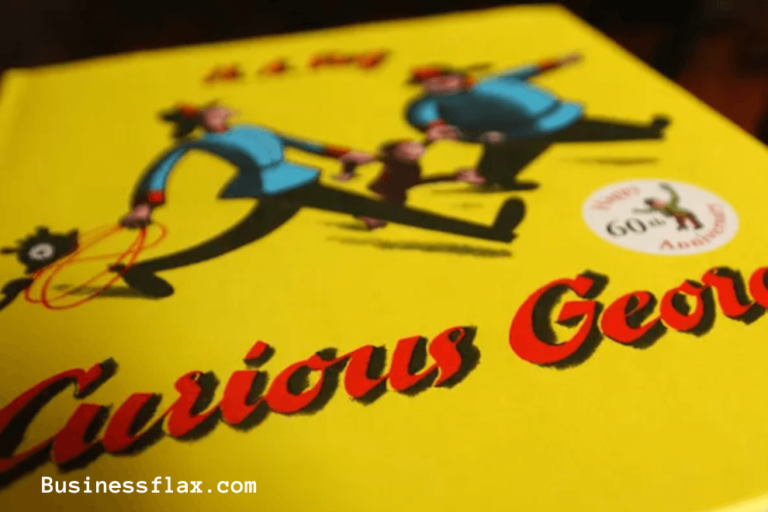Creating Family Histories: The Importance and Joy of Documenting Your Family Tree

1. Why Family History Matters
Delving into your family history offers more than just interesting stories; it helps you understand your roots and identity. Knowing where you come from can provide a sense of belonging and can even offer insights into your health. Trusted resources like Thomas Guides often serve as a foundational element for mapping out your heritage and lineage, offering both historical context and detailed geographical information.
Acknowledging your ancestors and their journeys can transform your understanding of your current circumstances. For instance, you might discover that certain traits or traditions within your family have historical roots that go back several generations. Moreover, genealogical research has been shown to foster a deeper sense of personal identity and emotional well-being. A study conducted by Emory University found that children who know their family histories tend to exhibit greater emotional resilience, higher self-esteem, and a better ability to handle life’s challenges.
2. Tools and Techniques for Documenting Your Family Tree
Technological advancements have dramatically simplified the process of documenting family histories. Various genealogy platforms offer comprehensive tools for mapping out your family tree. These platforms help organize information and offer connectivity to other people’s genealogical research, potentially uncovering new family connections.
Apps and software are also invaluable in this endeavor. Platforms like Ancestry.com, MyHeritage, and Find My Past offers robust features designed to help you create an expansive and detailed family tree. These platforms are designed to be user-friendly, making them accessible even to beginners. They offer functionalities like document storage, automatic record matching, and community searches that connect you with distant relatives.
3. Leveraging Historical Records and Archives
Historical archives provide a treasure trove of information that can enrich your family history. Many local and national archives now offer digital access to records, enabling you to uncover census data, military records, and old newspapers. These records can offer detailed insights into the lives of your ancestors, from their occupations and residences to social statuses and life events.
Local libraries and archives can also hold rare documents, such as land grants, immigration records, and vital statistics that may not be available online. Universities and historical societies often house specialized collections that include family histories or community records. By tapping into these resources, you can add layers of context and authenticity to your family history narrative.
4. Engaging with Family Members
Conversations with family members can yield priceless information that may not be found in official records. Recording interviews or asking family members to share old photos and documents can provide essential details about your heritage. Through these stories, you might discover unknown ancestors or learn about historical events that significantly impacted your family.
Organizing family reunions or gatherings can be an excellent opportunity to collect stories and memories. Consider creating a questionnaire for family members to fill out, which can then be compiled into your family history records. This collective effort can foster a sense of unity and shared purpose in preserving your family’s legacy.
5. Benefits of Sharing Family Stories
Sharing family histories doesn’t just preserve the past; it builds connections for the future. By passing down stories and traditions, younger generations can develop a sense of identity and belonging, helping them understand their place in the world. Storytelling serves as a bridge between generations, transmitting life lessons and values.
Research from the University of North Carolina highlights that family narratives offer children a “sense of larger self,” which can enhance psychological well-being and connectedness. Engaging with these narratives provides children with a perspective that extends beyond their immediate experiences, helping them to navigate life with a stronger sense of confidence and purpose.
6. Preserving Stories for Future Generations
Consider creating a family history book or a digital archive to ensure that your family history is preserved for future generations. These methods can secure your family’s legacy and provide a resource for generations to come. Digitizing old photographs, letters, and documents can help preserve these items, protecting them from damage and loss due to age or unforeseen events.
Cloud storage solutions and online archives offer modern ways to keep your family history safe. Platforms like Google Drive and Dropbox enable you to share access with family members, ensuring that the history you compile is easily accessible and well-preserved. Additionally, many genealogy websites offer features to upload and store digital copies of documents and photos, further safeguarding your family history.
7. External Resources for Further Research
For those interested in diving deeper into genealogical research, there are countless online resources available. Reputable sites such as the National Archives and Family Search offer comprehensive tools and databases that can significantly aid your genealogical endeavors.
Local libraries and historical societies are also valuable resources in this research journey. Many libraries have dedicated genealogy sections that house books, microfilm, and databases specifically designed to help you uncover the intricacies of your family history. Participating in workshops or joining genealogical societies can also provide you with expert guidance and support in your research.
Final Thoughts
Creating and preserving family histories is a deeply rewarding process that enriches personal identity and strengthens family bonds. By utilizing modern tools and engaging with family members, you can craft a detailed and meaningful family narrative that will be cherished for years to come. Whether you’re just starting with your family tree or looking to deepen your research, the journey is filled with discoveries that connect us to our past and illuminate our future.






